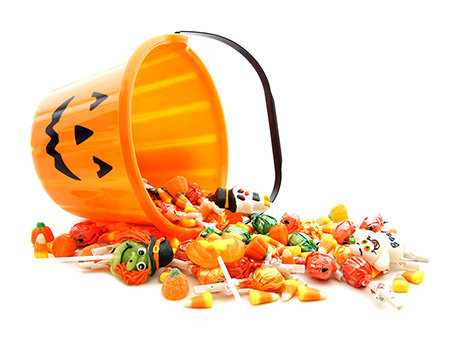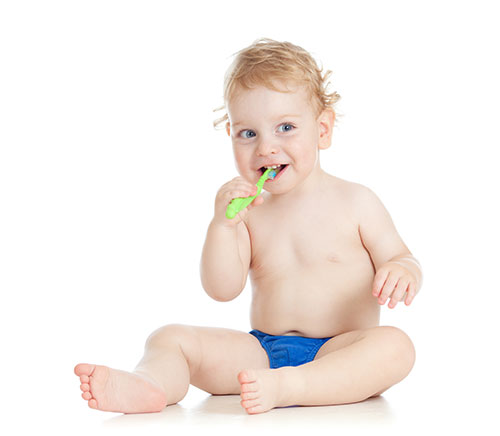
Halloween may be known for haunted houses, creepy zombies and monsters that roam in the night. However, the sweeter side of Halloween, the overload of candy, can produce much scarier results than ghosts and ghouls. Completely avoiding candy at Halloween may be too difficult for you, and not very festive. So, here are some tips to help stay healthier during the holidays and avoid those terrifying cavities later on.
(more…)








